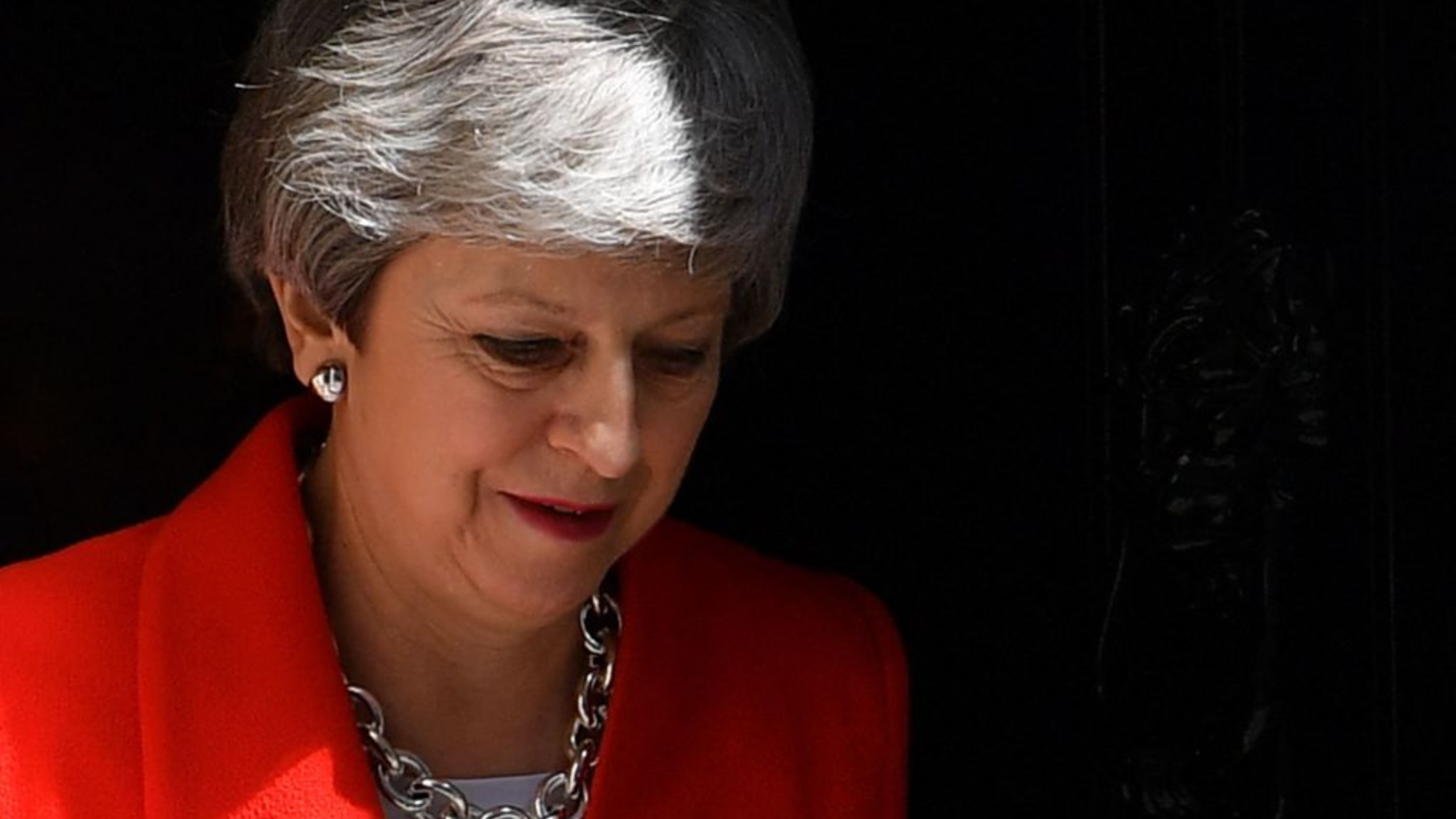The truth about fox hunting
The Week checks out claims that hunting is necessary to control the fox population
A free daily email with the biggest news stories of the day – and the best features from TheWeek.com
You are now subscribed
Your newsletter sign-up was successful
More than a decade after the hunting ban was introduced in England and Wales, fox hunting is back on the political agenda, with Theresa May pledging a free vote on hunting if the Tories win.
Fox hunting involves hunters on horseback following a pack of dogs that track, chase and often kill foxes.
To some it's an important tradition that helps control fox populations, to others it's a barbaric sport.
The Week
Escape your echo chamber. Get the facts behind the news, plus analysis from multiple perspectives.

Sign up for The Week's Free Newsletters
From our morning news briefing to a weekly Good News Newsletter, get the best of The Week delivered directly to your inbox.
From our morning news briefing to a weekly Good News Newsletter, get the best of The Week delivered directly to your inbox.
So what are the hard facts behind this long-running debate?
What do fox hunt supporters say?
The Countryside Alliance, which campaigns for the repeal of the 2004 Hunting Act, argues that fox hunting is a central part of rural life and a treasured British tradition that should be legalised.
Hunting with hounds is embedded "deep in our language and our culture," chief executive Tim Bonner told PA.
A free daily email with the biggest news stories of the day – and the best features from TheWeek.com
"You only have to walk into any pub in the countryside – most of them are named after the hunt."
Others, including some farmers who have lost livestock to foxes, back hunting as a form of pest control.
"If you have a fox visiting a poultry run, then you need to defend it," says Jonathan Reynolds of the Game & Wildlife Conservation Trust. "People who say you just need to make your poultry more secure have clearly never kept poultry."
How about its opponents?
There is little evidence to support the argument that hunting with hounds is necessary for controlling the fox population, the RSPCA maintains.
"In fact, some hunts have even encouraged foxes to live and breed in their area by building artificial earths and putting food down to make sure there are enough foxes to be hunted," it says.
The League Against Cruel Sports claims that the suggestion that fox hunting is about pest control is "quickly dismissed" by reports that foxes have been captured and raised just so they can be hunted.
Much of their argument centres on animal welfare. The charity says foxes suffer extreme physical and mental stress when chased by a hunt, whether or not they are eventually killed.
"Autopsies reveal hunted foxes are not killed quickly, but endure numerous bites and tears to their flanks and hindquarters – causing enormous suffering before death," it says.
Public opinion appears to align with the charities. An Ipsos Mori survey reveals that 84 per cent of those polled say hunting with dogs should not be made legal again.
Can fox hunting be justified on the grounds of wildlife control?
Foxes do cause significant damage to livestock in rural areas, particularly to poultry and lambs.
BBC Wildlife cites research that puts the annual cost of fox predation of chickens, geese and turkeys at £1.3m. Another study estimates that 1–2 per cent of newborn lambs are taken.
"The overall impact of foxes on poultry and livestock is estimated at about £10–12m," it says.
But a 1999 government inquiry, which paved the way for the introduction of the hunting ban, corroborated claims made by anti-hunting campaigners that hunting is not a form of wildlife management.
Known as the Burns Inquiry, the investigation reviewed numerous studies and concluded that traditional fox hunting is "almost insignificant" as a way of managing the fox population as a whole.
It also found that hunting with dogs "seriously compromises" animal welfare.
[h5] So who's right?
There is limited evidence to suggest that hunting is an effective way of reducing the number of foxes. What is clear is that the animals suffer significant distress as a result of the practice.
-
 ‘My donation felt like a rejection of the day’s politics’
‘My donation felt like a rejection of the day’s politics’Instant Opinion Opinion, comment and editorials of the day
-
 Trump wants a weaker dollar but economists aren’t so sure
Trump wants a weaker dollar but economists aren’t so sureTalking Points A weaker dollar can make imports more expensive but also boost gold
-
 Political cartoons for February 3
Political cartoons for February 3Cartoons Tuesday’s political cartoons include empty seats, the worst of the worst of bunnies, and more
-
 Is there a Christmas curse on Downing Street?
Is there a Christmas curse on Downing Street?Today's Big Question Keir Starmer could follow a long line of prime ministers forced to swap festive cheer for the dreaded Christmas crisis
-
 Farewell to Theresa May: a PM consumed by Brexit
Farewell to Theresa May: a PM consumed by BrexitTalking Points Maidenhead MP standing down at next general election